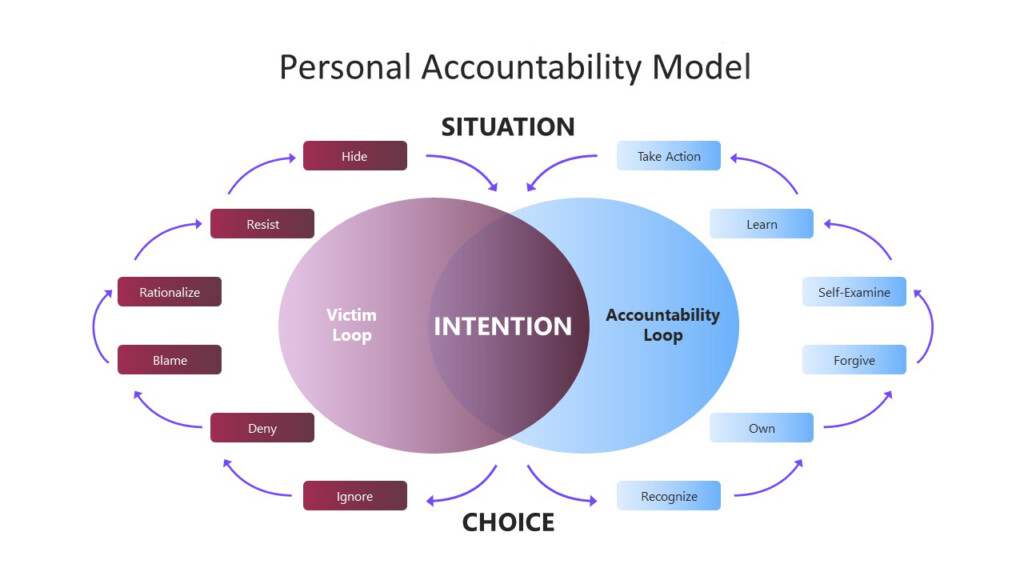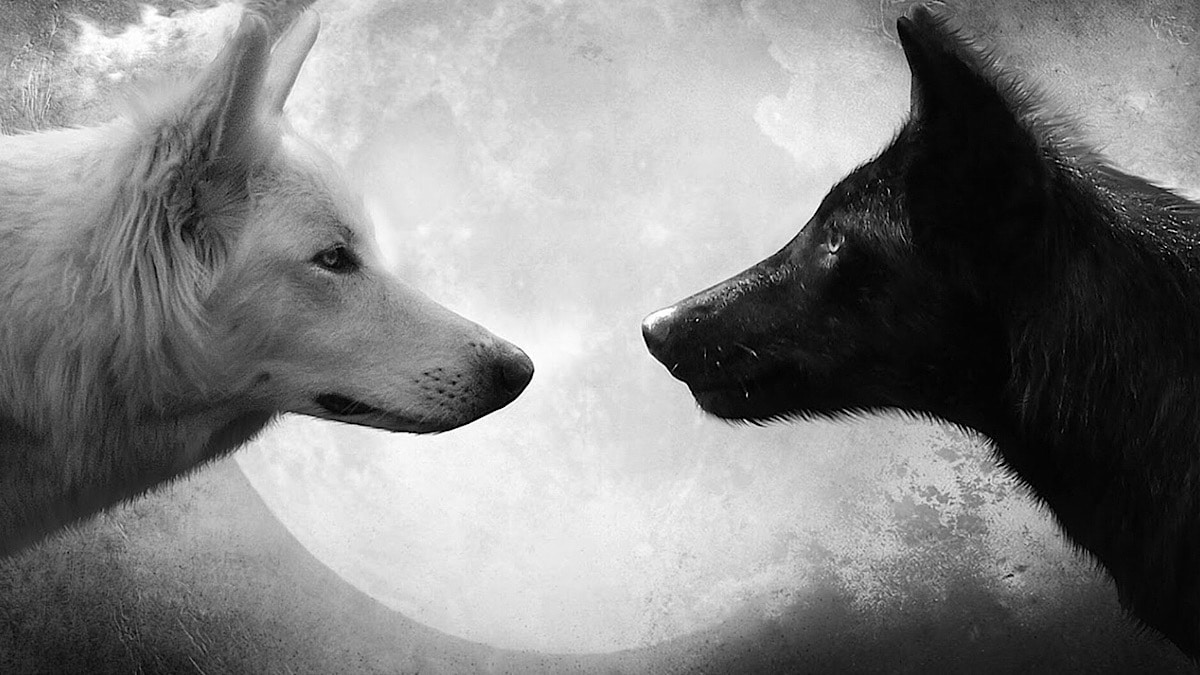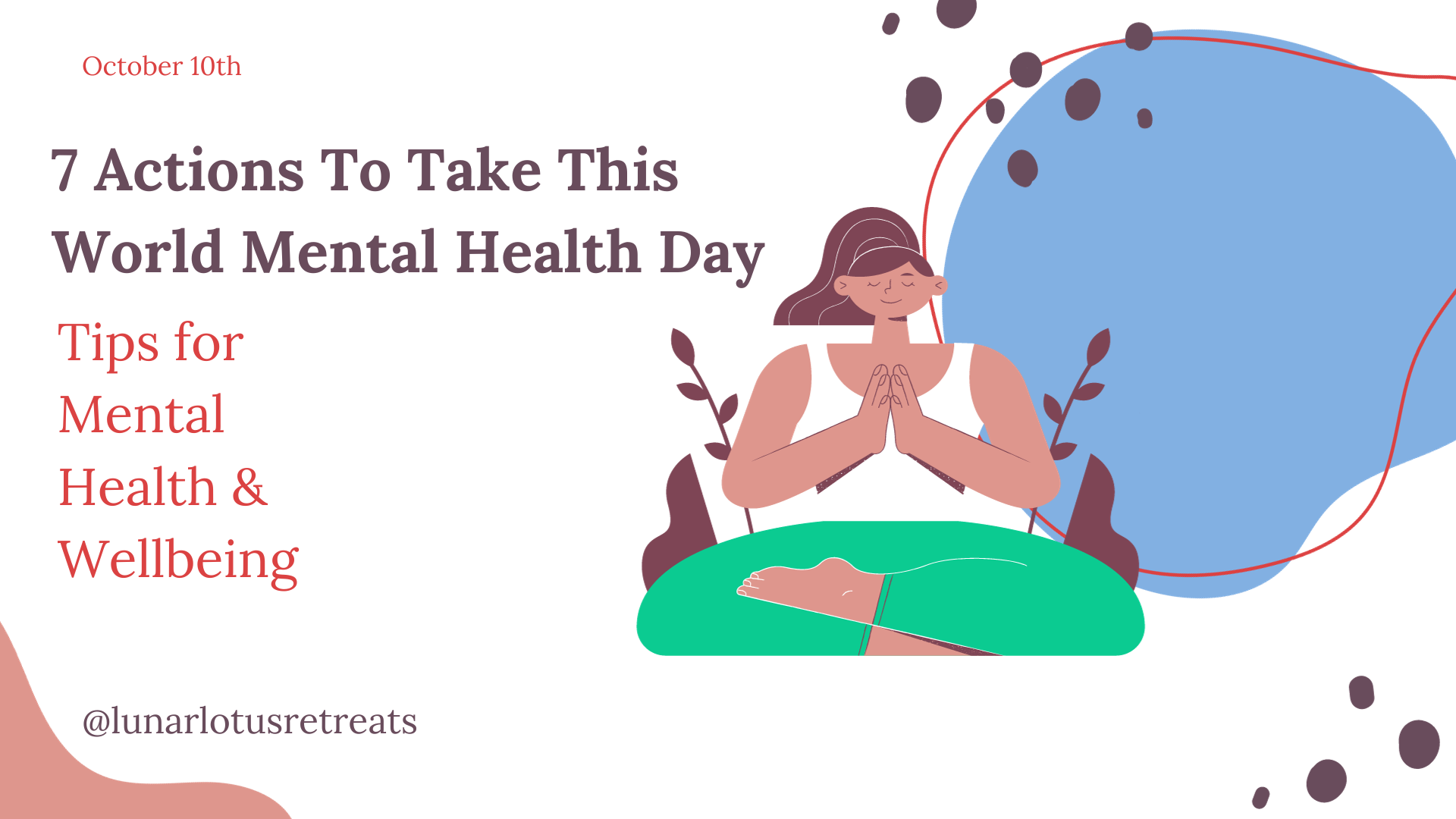While in yoga class the other day, my teacher shared this Native American parable:
An old Cherokee is teaching his grandson about life. “A fight is going on inside me,” he said to the boy. “It is a terrible fight and it is between two wolves. One is evil – he is anger, envy, sorrow, regret, greed, arrogance, self-pity, guilt, resentment, inferiority, lies, false pride, superiority, and ego.”
He continued, “The other is good – he is joy, peace, love, hope, serenity, humility, kindness, benevolence, empathy, generosity, truth, compassion, and faith. The same fight is going on inside you – and inside every other person, too.”
The grandson thought about it for a minute and then asked his grandfather, “Which wolf will win?”
The old Cherokee simply replied, “The one you feed.”
Whether or not it’s your first time hearing this story, it serves as an important reminder of the power we have over our experiences and emotions.
It’s easy to feel like a victim in challenging situations and circumstances in our lives. We want to understand our negative thoughts, feelings and experiences, so we place blame on other people, objects, or events. We look outward to try to make sense of what’s going on inside of us. We do this all the time. Why? It’s our way of coping, and feeling more in control of uncontrollable situations.
The problem with this approach, however, is that it takes away our personal responsibility and freedom of choice. In our attempt to feel more in control (by faulting others for our experience) we actually strip ourselves of our own power. That power is lost the moment we become dependent on other people or things to make us feel a certain way. Whether that feeling is positive or negative, we are no longer taking sole responsibility for our own emotions or experiences when we believe that they are a result of anything other than our own choice.

By exercising your freedom of choice, you can make a life-changing decision of which wolf you want to feed. Do you feed the wolf who is hungry for anger, envy, sorrow, regret, greed, arrogance, self-pity, guilt, resentment, inferiority, lies, false pride, superiority, and ego? This evil wolf is also your inner critic. The one who tells you that you are a failure, the one who says that no one will love you or understand you for who you are. This wolf is a representation of your depression, your anxiety, and your low self-esteem. Do you want to feed this wolf? Are you feeding him already?
By cutting off his food supply, you will be making a choice to use your energy and resources on thoughts, feeling, and emotions that serve you in healthy ways. While you can recognize the negative emotions occurring within you, you don’t have to attach to them or continue to give them attention. You shifting your focus is a sign to that wolf that you are not interested in giving him food. And while it may take some time for that wolf to lose his strength and power, eventually he will surrender – as will your unhelpful thoughts and emotions. Once you stop fixating on them, they will eventually drift away.
So what about the other wolf? Well it certainly isn’t going to feed itself.
Just as you would with the bad wolf, it is imperative that you exercise your freedom of choice and decide to nourish the wolf of joy, peace, love, hope, serenity, humility, kindness, benevolence, empathy, generosity, truth, compassion, and faith. We often look to external objects for our fulfillment and happiness. We develop expectations that these things (a new job, a relationship, a lavish vacation, a brand new pair of shoes, a glass of wine, etc.) will finally make us feel the way we want to feel. And while this may bring momentary gratification, it isn’t realistic to maintain this long-term.
Happiness isn’t a conditional state. It’s a state of being. True lasting happiness comes from making an active choice to be happy, rather than depending on external things to make you happy. The more that we seek out happiness, and look for it as if it is a treasure we will find, the less we are feeding the wolf that is inside of us. You already have everything you need to be happy because you are whole as you are, right now. The feeling and experience of happiness comes from feeding the wolf from within. As he becomes bigger and stronger, he will be better equipped to handle life’s challenges. If you choose to feed only him, he will always win.
Try these strategies to reframe your thinking:
- Avoid words like “never” or “always” when talking about yourself or others. Statements like “This never works” or “You’re always forgetting things” make you feel your anger is justified. Such statements also alienate people who might otherwise be willing to work with you on a solution.
- Use logic. Even when it’s justified, an emotion can quickly become irrational. Remind yourself that the world is not out to get you. Do this each time you start feeling stressed, and you’ll get a more balanced perspective.
- Translate expectations into desires. Angry people tend to demand things, whether it’s fairness, appreciation, agreement or willingness to do things their way. Try to change your demands into requests. And if things don’t go your way, try not to let your disappointment turn into anger, sadness, or hopelessness.
This process does not take place overnight. Don’t get me wrong, many people have epiphanies when doing deep work. But the execution of reprogramming years of experience takes time and repetition. Have patience with yourself, and understand that also seeking professional help with this process can go a long way towards guiding you to the future you desire.
How We Can Help
We believe that a person’s entire system needs to be included in the education and training, when learning to protect one’s self. After all, the entire person interacts as a whole when faced with stressful or traumatic experiences.
Because of this, we combine a unique blend of knowledge from many realms of Health and Wellness, including:
- Empowerment Coaching
- Collaborative Learning
- Breathwork (Pranayama)
- Training the Central Nervous System (fight/flight/freeze response)
- Mindfulness Techniques
- Body Mind Education and Connection
- Downloadable Meditations
Feel free to reach out with any questions, or
Schedule Your Free Consultation Call
How a psychologist can help
If you continue to feel overwhelmed, consult with a psychologist or other licensed mental health professional who can help you learn how to control your stressful emotions. He or she can help you identify problem areas and then develop an action plan for changing them.
**Disclosure: This blog is not meant to be a replacement for professional/licensed therapy.
Many people enjoy the DIY of mental health, but almost everyone needs support at one time or another, and no one should feel alone in their pain.
While almost anything can be found on the internet, if you’re in need of professional help do not hesitate to contact a licensed therapist.






[…] is temporary. Even negative emotions and thought patterns can be stopped. You just have to stop feeding them, and instead start feeding your positive […]